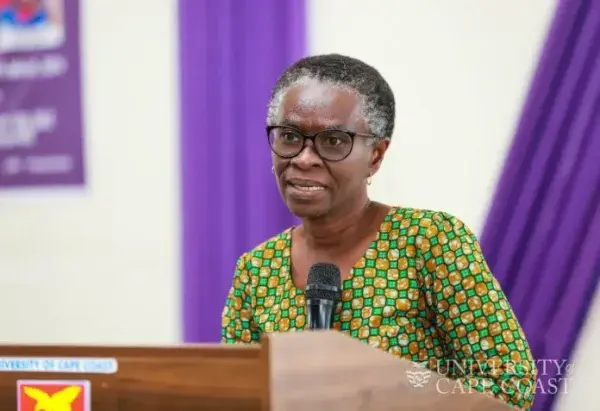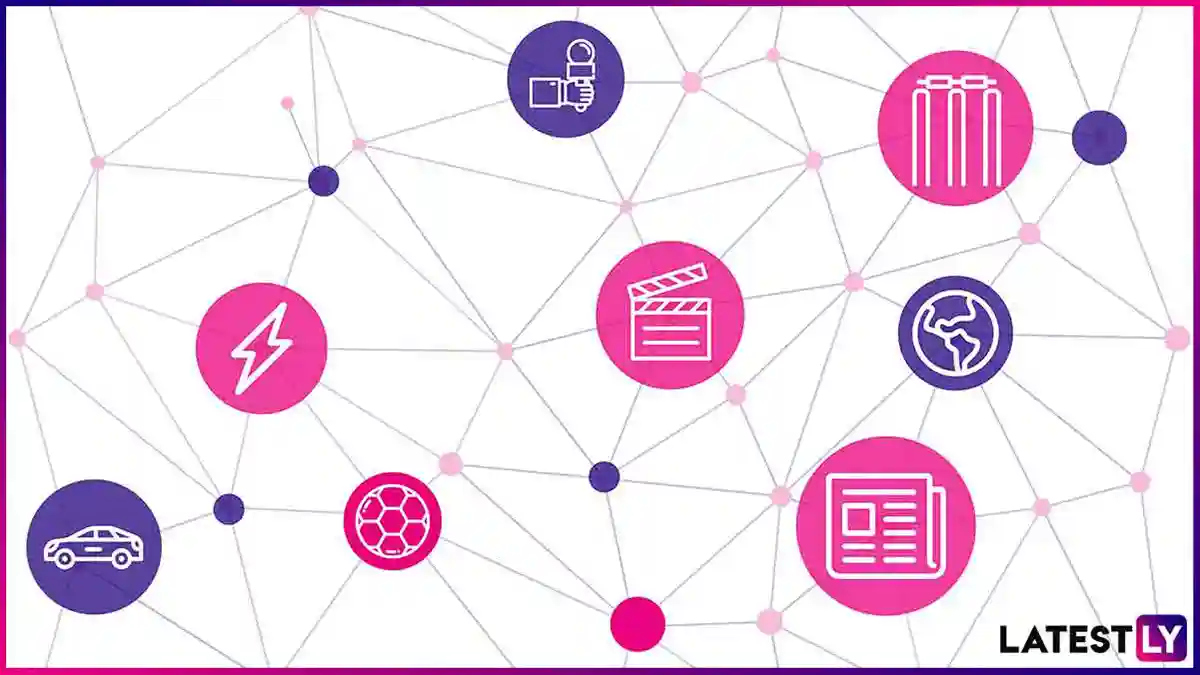By Ghana News
Copyright ghanamma

Ghana faces an urgent imperative to retool its labour force to compete effectively in a rapidly evolving global economy, according to Professor Akua Britwum, Associate Professor at the University of Cape Coast (UCC) and newly appointed chairperson of the National Media Commission (NMC).
In an exclusive interview with The High Street Journal, Professor Britwum warned that the country’s economic transformation under the African Continental Free Trade Area (AfCFTA) hinges critically on workforce adaptation to emerging industries, digital technologies, and innovative business models.
“Our labour market remains dominated by traditional employment forms, yet the business environment is shifting dramatically. Digitization, automation, and the green economy are reshaping required skills. If we fail to act, we will have workers who are unemployable in the very economy we are trying to build,” she emphasized.
The labour economist highlighted a persistent productivity paradox where Ghana’s economic growth has not translated into higher-value employment or improved wages. She attributed this disconnect partly to fundamental misalignment between educational outcomes and industry requirements.
“Employers consistently highlight the lack of soft skills, technical expertise, and adaptability in graduates. This mismatch represents a structural issue. We must re-examine our training systems to align with labour market demands,” Professor Britwum stressed.
Her concerns are underscored by current labour market statistics showing Ghana’s informal sector employs nearly 80% of the workforce while contributing only 27% to Gross Domestic Product (GDP). This productivity gap represents both a challenge and opportunity for economic transformation through strategic workforce development.
Professor Britwum argued that informal workers, despite their significant economic contribution, remain marginalized from protective policies, skills development programs, and financial access. She advocated for comprehensive reforms that formalize aspects of the informal economy while enhancing productivity through targeted interventions.
“Informal workers contribute significantly to GDP, yet they lack protections, training, and access to finance. Formalizing aspects of the informal economy while enhancing productivity is key to inclusive growth,” she explained.
The labour expert identified youth employment as particularly critical, highlighting Small and Medium Enterprises (SMEs) as essential for job creation. She called for policies supporting entrepreneurship, vocational skills development, and digital literacy programs tailored to emerging economic sectors.
“SMEs are the backbone of Ghana’s economy, but they cannot expand sustainably without a skilled workforce. If we equip youth with digital, technical, and managerial skills, SMEs can scale and create the jobs we desperately need,” Professor Britwum noted.
She recommended strengthening collaboration between government, academia, and businesses to design workforce strategies that balance forward-looking vision with practical implementation. Universities and technical institutions should establish closer industry partnerships providing students with relevant work experience.
“We cannot have a situation where graduates enter the job market without work-ready skills. Internships, apprenticeships, and industry-based training must become compulsory, not optional,” she told the publication.
Gender disparities in Ghana’s workforce received particular attention from Professor Britwum, who noted that women are often concentrated in low-paying, informal positions despite their substantial economic contributions. She argued that comprehensive economic transformation requires deliberate integration of women into high-value sectors.
“If Ghana is serious about economic transformation, then women must be fully integrated into high-value sectors, from agribusiness to technology. Labour policies must deliberately tackle these inequalities,” she added.
The expert emphasized that Ghana’s labour policies must prioritize long-term resilience over short-term fixes, particularly as the country navigates ongoing economic challenges while positioning for AfCFTA opportunities.
“We are at a crossroads. Either we prepare our workforce for the realities of a modern economy, or we risk being locked into low productivity and high unemployment. The choice is ours,” Professor Britwum concluded.
Her analysis comes as Ghana implements economic reforms under President John Dramani Mahama’s administration, which faces pressure to address unemployment while building competitive advantages in regional and global markets. The timing proves critical as AfCFTA implementation accelerates, creating both opportunities and competitive pressures for member economies.
Professor Britwum’s recent appointment as NMC chairperson positions her as an influential voice in national policy discussions. Her extensive research background in labour economics, gender studies, and trade union governance provides authoritative perspective on workforce development challenges facing Ghana and broader West Africa.



